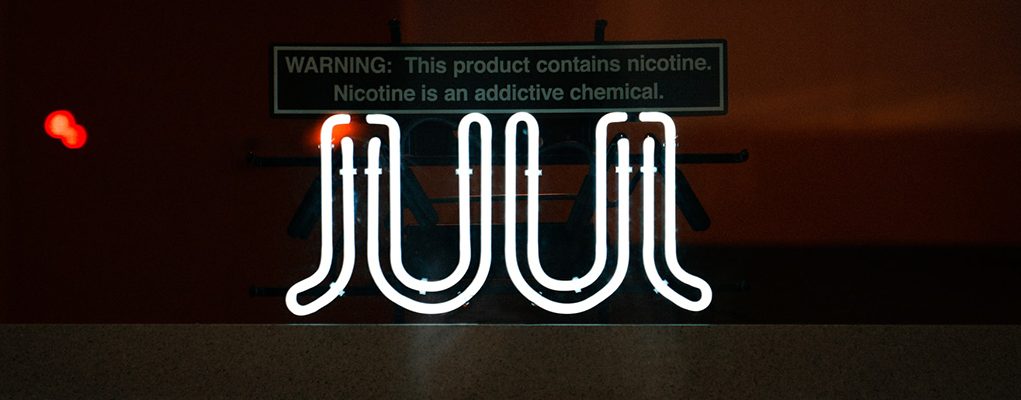In June 2022, the U.S. Food and Drug Administration (FDA) issued a marketing denial order (MDO) to Juul Labs, effectively banning the sale of Juul products in the United States. This decision was based on the FDA’s review of Juul’s premarket tobacco product applications (PMTAs), which the agency claimed lacked sufficient evidence proving that marketing Juul products would be beneficial for public health.
The FDA also cited concerns about potentially harmful chemicals leaching from Juul’s nicotine pods, which raised questions about the products’ overall safety. The decision was certainly also influenced by Juul’s reputation of having significant role in the rise of youth vaping. Despite Juul’s efforts to position itself as a smoking cessation tool for adults, the company consistently faced scrutiny for its marketing practices and appeal to minors.
At the time, Juul responded to the MDO by seeking a temporary stay on the order from the U.S. Court of Appeals, followed a lawsuit against the FDA for failing to disclose documents which would justify the ban. The court of appeals ruled in favour of Juul, allowing the company to continue selling its products while it reviewed the FDA’s decision. And finally, two years later, Juul Labs has achieved a minor victory, as the FDA has rescinded its marketing ban on the company’s products.
The MDO repeal does not mean that Juul products have been approved
The situation is obviously now looking more positive for Juul, with the brand expressing optimism about engaging in a thorough, evidence-based review process to obtain a marketing authorization. The company emphasized confidence in the quality and scientific backing of its applications, highlighting that their products are expected to meet the public health protection standards required by law.
The PMTA process was clearly set up to automatically fail most applicants
Meanwhile, the FDA’s dodgy PMTA process has faced multiple legal challenges from vaping companies and industry groups. The licencing process, which requires companies to submit scientific data demonstrating their products’ safety and benefits, is a very lengthy and pricey process which very few businesses can afford.
To this effect, several companies have sued the FDA over its PMTA requirements, arguing that the process is overly burdensome, lacks transparency, and unfairly targets smaller businesses. For instance, in 2020, several vape manufacturers, including Moose Jooce and Vapor Technology Association (VTA), filed lawsuits claiming that the PMTA requirements were arbitrary and capricious, violating the Administrative Procedure Act. They argued that the agency’s enforcement would not only could limit adult smokers’ access to safer alternatives, but also decimate the vaping industry.
In a case similar to Juul’s, Turning Point Brands filed a petition for review after the FDA issued MDOs for its products. The company argued that the FDA failed to properly consider its evidence and acted beyond its statutory authority. Vuse, a brand owned by tobacco company Reynolds American, also challenged the PMTA denials, contending that the agency’s standards were inconsistent and lacked transparency, leading to an unfair evaluation process.
A common complaint in the lawsuits against the FDA is the bias against smaller businesses
Another significant case is Triton Distribution’s lawsuit against the FDA. Like many before it, the company highlighted that the agency’s PMTA process was flawed and biased against smaller businesses, as it demanded extensive and costly scientific data that only large corporations (such as the world’s major tobacco companies) could afford to provide.
These legal battles highlight the industry’s ongoing struggle to meet the FDA’s requirements, and the agency’s insistence on a harsh approach. Rather than seeking to create an appropriate regulatory framework, the agency seems intent on using the PMTA process to destroy well intentioned small vaping businesses. Plaintiffs have consistently sought more clarity, fairness, and consistency in the application review process.








